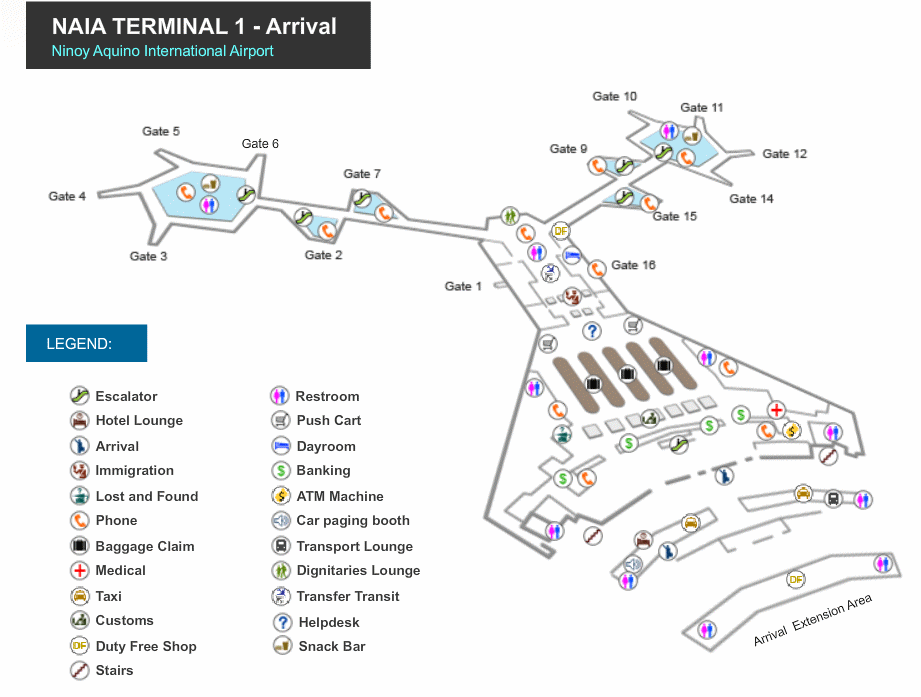Navigating Manila International Airport: Departure Tips and Guidelines
Manila’s Ninoy Aquino International Airport sees a high volume of both domestic and international passengers every day. Proper planning is key to ensuring a smooth trip through one of Southeast Asia’s busiest airports. This guide provides arrival time recommendations and helpful tips for traversing the airport’s different terminals.

Checking in and Clearing Security
For domestic flights within the Philippines, most recommend arriving 90 minutes to two hours before your scheduled departure. Check-in counters and security screening tend to move fairly quickly for domestic travel. Be sure to allow extra time if traveling during peak holidays or seasons when passenger volumes increase. For international flights, the general recommendation is to arrive at least three hours before your scheduled departure. International check-ins involve additional documentation verification that can lengthen processing times. You’ll also need to clear immigration and possibly customs, which often involves queuing. Peak travel periods see the longest security lines at Manila airport.
Terminal Tips and Transit Times
Manila airport has four terminals - Terminals 1, 2, 3 and 4. Be sure to confirm your terminal assignment, as transit between terminals can eat into your arrival buffer if you go to the wrong one.
Terminal 1
Terminal 1 handles the majority of international departures. Queues at check-in counters, immigration, and security screening here tend to be among the airport’s longest. Allow a minimum of three hours to comfortably clear all points if departing from Terminal 1, especially during vacation seasons.
Terminal 2
Dedicated largely to Philippine Airlines, Terminal 2 processes fewer passengers overall. Average wait times are usually under an hour for domestic check-ins and security screening here. For international flights, still aim for the standard three hours given immigration requirements.
Terminal 3
Terminal 3 sees a mix of domestic and international flights. Waits can fluctuate but often average around 90 minutes for domestic trips. For international travel through Terminal 3, stick to the recommended three hour window to be safe.
Terminal 4
Used primarily for low-cost carriers serving domestic routes, Terminal 4 tends to be quicker than others for Philippines-based travel. Still, arrive at least two hours early to avoid issues from missed connections or last-minute delays.
Final Pre-flight Checks
Once through security screening, take time to find your gate, use any airport amenities, and grab a meal if needed. Boarding often begins an hour before departure, so check your boarding pass for the exact time. Allow enough buffer to reach your gate in case of transit issues within the huge airport complex. Overall, arrive early rather than risk missing your flight due to unexpectedly long queue times at Manila airport. Proper planning makes navigating one of Southeast Asia’s busiest hubs significantly less stressful.

 Breaking the Speed Record: The Fastest Planes in History
Breaking the Speed Record: The Fastest Planes in History:max_bytes(150000):strip_icc()/moscow-kremlin-and-st-basil-cathedral-at-dusk-158200423-5a64f4594e46ba00377331fb.jpg)